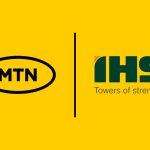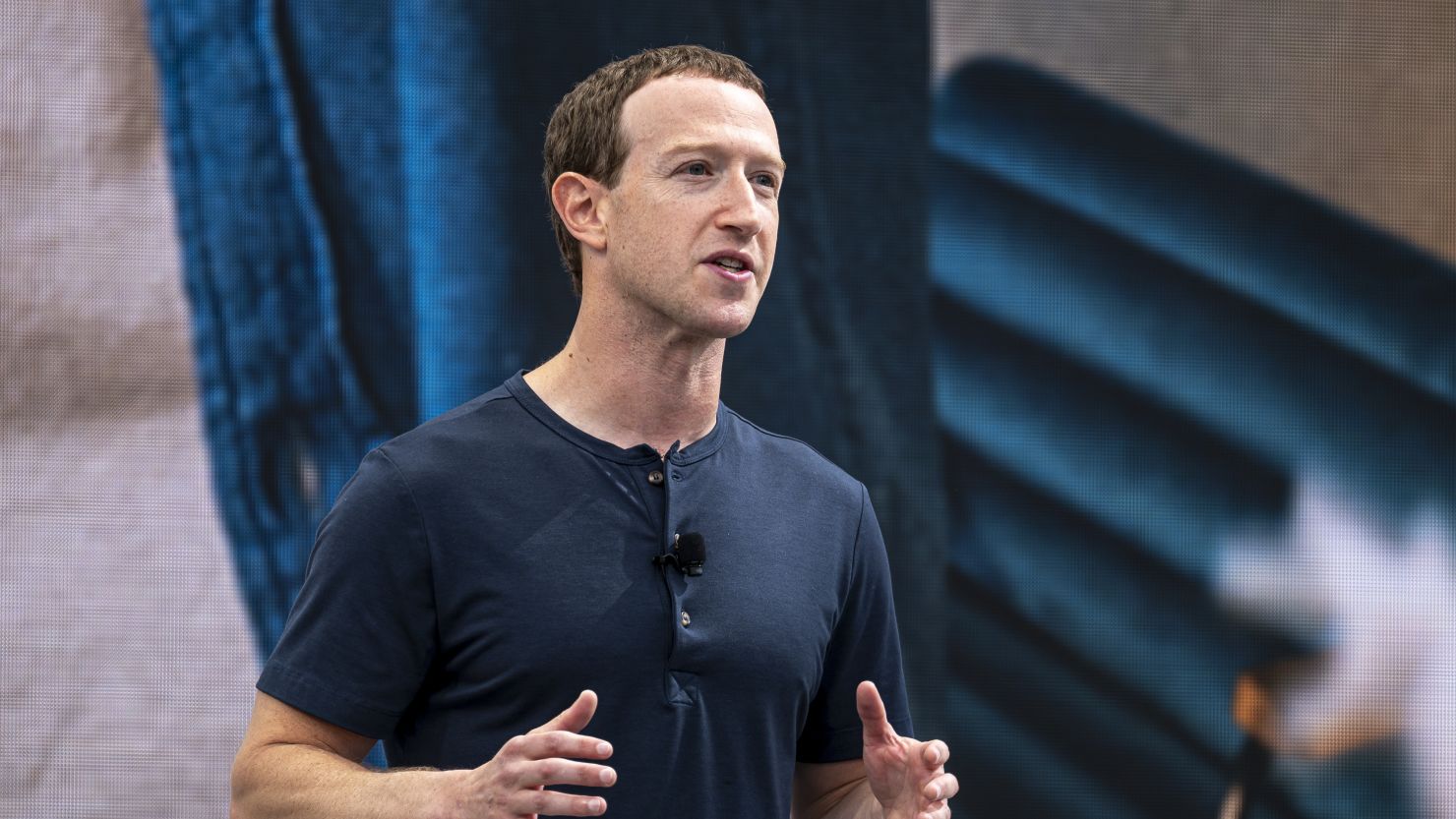Top Authors
Popular Posts
ATCON Leadership Visits NCC, Strengthens Collaboration on QoS and Underserved Areas
NCC Calls for Stakeholder Input on Review of National Telecommunications Policy 2000
MTN’s $6.2bn IHS Deal Faces Federal Government Review Amid Telecom Monopoly Concerns
Mark Zuckerberg Set To Build Own Artificial General Intelligence
January 22, 2024
Meta is getting more serious about securing its place in the...
Facebook Owner to Lay-off 10,000 Staff
March 16, 2023
Meta, which owns Facebook, Instagram and WhatsApp, has announced...
Like Twitter, Facebook and Instagram to Start Selling Verified Badge
February 20, 2023
Meta, the parent company of Facebook and Instagram, has...
After 2 Years Ban: Donald Trump Regains Access To His Facebook And Instagram Accounts
Meta has restored former President Donald Trump’s access to his...
Mark Zuckerberg Pledges to Make 2023 a Year of Efficiency
February 2, 2023
For years, Facebook and its CEO Mark Zuckerberg invested heavily...
Meta Set Restore Donald Trump’s Facebook and Instagram Accounts
January 26, 2023
Facebook-parent Meta said on Wednesday that it will restore...
Inside Facebook’s High-Stakes Debate to Reinstate Trump after a Two-Year Ban
January 14, 2023
Facebook-parent Meta is preparing to announce one of the most...
Meta Settles Cambridge Analytica Scandal Lawsuit for $725m
December 25, 2022
Facebook owner Meta has agreed to pay $725m (£600m) to settle...
Twitter Blocks Users from Sharing Links to Facebook, Instagram and other Rival Platforms
December 19, 2022
Amid the chaos that greeted the platform’s decision to...
Meta Faces $2 billion Lawsuit for Fueling Ethnic Violence in Ethiopia
December 18, 2022
The parent company of Facebook, Meta, was sued on Wednesday in...





















